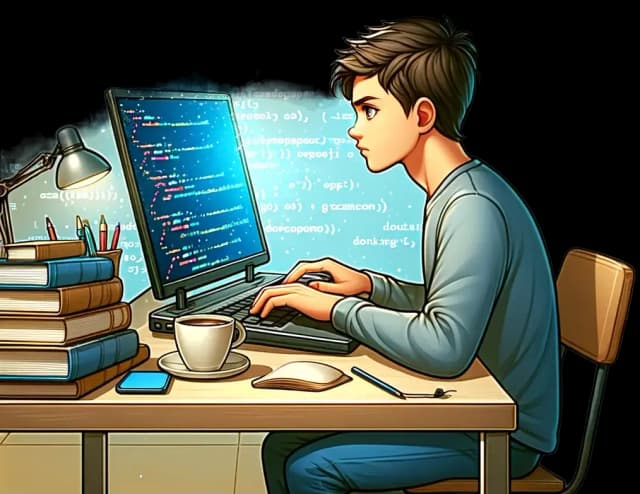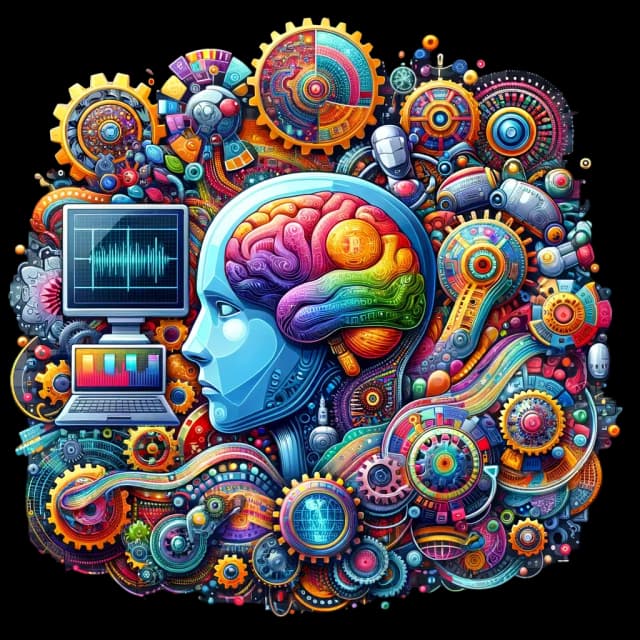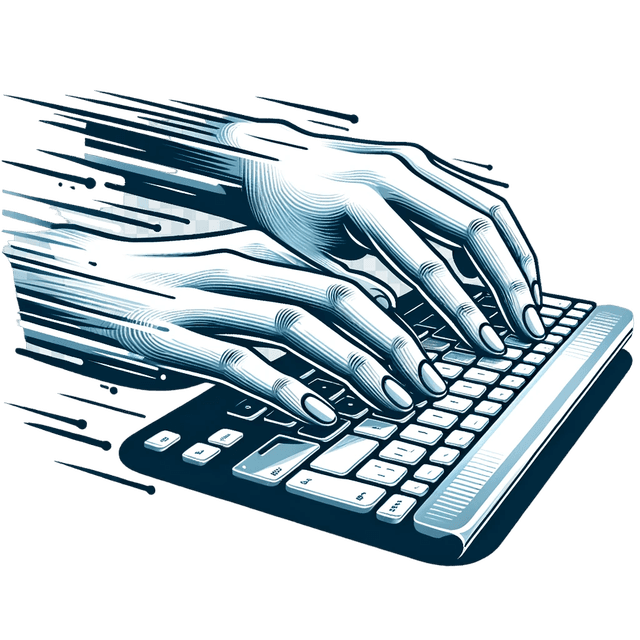What is Artificial Intelligence (AI)?
Artificial Intelligence (AI) is when computers do things that typically require human intelligence.
For instance, when you lose to your computer at chess, blame AI. You can also blame AI when you open your social media momentarily and end up closing it two hours later.
Conversely, AI is responsible for allowing you to use Shazam and instantly identify the song you’re listening to. AI also enables you to Google stuff and get the answer without even having to click on an article.
As you've just read, AI has its pros and cons. Below, we'll analyze them. That way, the next time someone tells you AI will take over the world, you can explain why that won't happen (at least not anytime soon)!
Advantages of AI | Disadvantages of AI |
Productivity | Development and maintenance costs |
Availability | Lack of Creativity |
Automation | Job Reduction |
Cost Reduction | Vulnerable to poor-quality data |
Taking over dangerous tasks | Complexity / Security |
Pros of Artificial Intelligence
More Productive: AI becomes your personal assistant. It can summarize and reply to your emails, conduct research, write articles, or perform any kind of task for you, saving precious time in your day. Fun fact: AI can use Photoshop. You could see how well an exotic location or a 6-pack fits you.
Always Available: AI systems can operate non-stop. For instance, if you need to change the delivery details of an order, an AI chatbot can assist you even at 3 AM. Otherwise, you'd have to wait for customer support to open.
Automates Routine Tasks: AI takes over daily routine tasks, such as smart homes, filtering emails, and managing schedules, freeing you up to focus on more creative and substantial work.
Lower Costs: AI saves money by automating simple tasks. It can eliminate the need for paid tools or employees.
Handles Dangerous Tasks: AI uses robots to perform dangerous tasks that would otherwise need to be done by a person. Imagine needing to defuse a bomb. One wrong move, and it's over. But a robot can do it instead. Beyond bombs, the same technology helps in construction and production lines, saving human lives.

Cons of Artificial Intelligence
Cost: Developing practical AI systems requires significant capital. Once developed, they need ongoing maintenance and supervision.
Lack of Creativity: AI cannot replicate human creativity. It can't bring a new idea or concept into the world. In other words, AI can't innovate. It can only reproduce or combine existing things.
Job Reduction: Automation decreases human jobs. Employees in routine roles are replaced by machines, often leaving those who lose their jobs, who are unskilled, struggling to re-enter the job market.
Data Quality Sensitivity: AI systems are only as good as the data they're trained on. With incorrect or biased data, they replicate these errors in their decisions. If you train AI with data suggesting women are taller than men, then the AI will believe that women are taller than men.
Complexity and Security: Artificial intelligence requires specialized knowledge, significantly limiting most people's ability to understand and participate in its development. It also makes it difficult for people to oversee and set boundaries for AI. Controlling something you don't fully understand is challenging.
What is the Future of AI
Artificial Intelligence (AI) is developing rapidly. As much as I'd like to tell you that I know what the future will be like, unfortunately, I can't. Nobody knows what the future holds.
One thing is for sure: AI is here to stay. It has radically changed our daily lives and will continue to do so. It has made our lives easier and has dramatically accelerated human development across nearly all sectors.
AI is a tool that holds great power. It's up to us to use it wisely!



